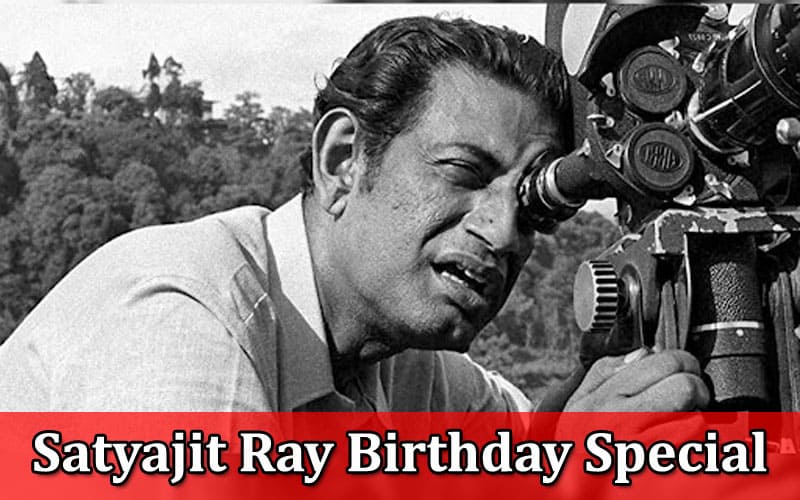Dave Portnoy Wife Renee: Let’s Know More!

This article is about Dave Portnoy Wife Renee, and other essential details related to their relationship. Read more on this topic. ...
Read more
Bill Belichick Wife And Family – Sneak Peek into NFL Head Coach with $70 Million Net Worth

This content explores Bill Belichick Wife And Family in-depth and elaborates more on his Biography and Net worth as well ...
Read more
Princess Charlotte Birthday Pictures – New Portrait Celebrates 9th Birthday!

To memorialize Princess Charlotte Birthday Pictures, a fresh portrait of Princess Charlotte, captured by her mother Catherine, has been disclosed. ...
Read more
Is Anne Hathaway Married: Anne Hathaway Child And Age 2024!

This details here are about the most recent query of users, Is Anne Hathaway Married, and all about her spouse ...
Read more
Satyajit Ray Birthday Special – The Cinema World Celebrates the 104th Birth Anniversary of Acclaimed Director and Filmmaker.

Satyajit Ray Birthday Special is specially aired by an OTT platform in honor of the legend from 22 April 2024 ...
Read more
NYC Couple Under Blanket Park: Blanket Couple, NYC Video 2024!

Let us check the details of why social media experienced outrage after the NYC Couple Under Blanket Park video was ...
Read more
Kendrick Lamar Family: Full Biography- Age & Net worth 2024

Read a blog on the Kendrick Lamar Family and gain answers to all your queries regarding Wikipedia, Parents, Family, and ...
Read more
Meena Alexander Poems 2024 – Find Her Wiki & More Details

Discover Meena Alexander Poems and reflection on her writings and her Death cause, and more. Meena Alexander was a poet and specialist in writing. ...
Read more

